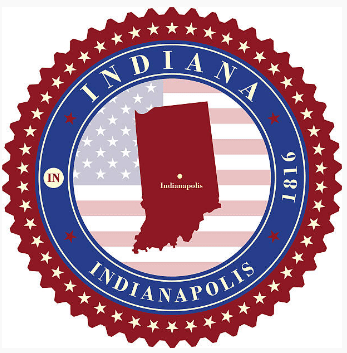By Erica Dacunha
I’m only 11 years old, but already I’ve dealt with a lot. I am allergic to nuts, fish, shellfish, all legumes, bananas and spinach. I’m also allergic to many antibiotics, and have environmental allergies, asthma, eczema, and exercise- and heat-induced reactions. Life hasn’t been easy, and I’ve ridden twice in an ambulance.
But I’ve also learned how to stay healthy, and I want to help others with my story. So here it is.
My parents found out that I was allergic to nuts at the age of 2. I was still always feeling sick, so more tests were done when I was 8 years old. I was positive for fish, but my salmon allergy level was low. So later, at Toronto’s Sick Kids Hospital, I did an oral challenge for salmon, which is when you eat the food to see if you react. I felt fine afterward, and we went home.
In bed that night, I woke up feeling very itchy. Then suddenly I was burning on the inside. I walked into my parents’ room and as they switched on the lights, they saw large hives and swelling all over my body. It was a reaction to the salmon.
Ambulance Ride and Secondary Reaction
My mom ran for my EpiPen. I so was scared of the needle, but she told me it was important to have it. She gave me the shot while my dad held me. She called 911, and told me, “you are going to be OK, you’re very brave.” Soon we heard the sirens. The firemen got there first and gave me oxygen – and a teddy bear to keep me calm.
At the hospital, after the ambulance ride, I felt a blanket of relief fall over me. But soon I was feeling bad again. I was going back into anaphylactic shock, called a biphasic reaction. The doctor gave me another shot of epinephrine. Over the next days, I took a lot of prednisone and Benadryl. I didn’t feel great, but I was alive.
Mine was not a typical case. It’s unusual to have anaphylaxis so long after trying a food. After that reaction, it was hard for me to sleep. I’d have flashbacks, hearing the sirens and feeling like I couldn’t breathe. I’ve been told this is post-traumatic stress. I learned to try things to help me relax, like reading a funny book, listening to music or saying a prayer. I’d tell myself I would get through it.
Today, life comes with restrictions. My family doesn’t eat in restaurants – with so many allergies it’s hard to find a safe place. My mom does the cooking, and we eat a lot of fresh foods and nut-free products. And I can’t do everything other kids do because I have to be careful.
Avoiding all my allergy triggers can be challenging. In June of last year, I had another reaction – we don’t know to what. I was at school, and got hot and itchy and my face became covered in hives. Yet I was not positive it was anaphylaxis. I called my mom to take me home.
On the drive, I felt worse and told her I needed the auto-injector. I tried to stay calm and took deep breaths. By the time the ambulance got there, I was already starting to feel better. I learned from that day: I need to trust my instincts. I didn’t give myself the auto- injector at school. I should have – it makes you feel better right away.
Severe allergies can be scary at times, but by now I know what to do to keep safe. I always carry an auto-injector, wash my hands a lot, let other people know about my allergies, and I don’t take chances.
I used to think my allergies were a curse, but now I believe I have them for a reason: to help educate others. Some students make nasty remarks about my allergies. These bullies just do not understand that allergies can be deadly. I want to spend my life educating people about anaphylactic allergies, and I hope that I can help other allergic kids not to feel scared.
I’m working on a book about allergies and post-traumatic stress. I think the more we tell people about allergies, the more understanding will grow, and the stronger those of us with allergies will feel.
They are scary at times, but allergies don’t have to stop us from living and having fun. We just have to be careful.
Erika Dacunha lives in Brampton, Ontario.





